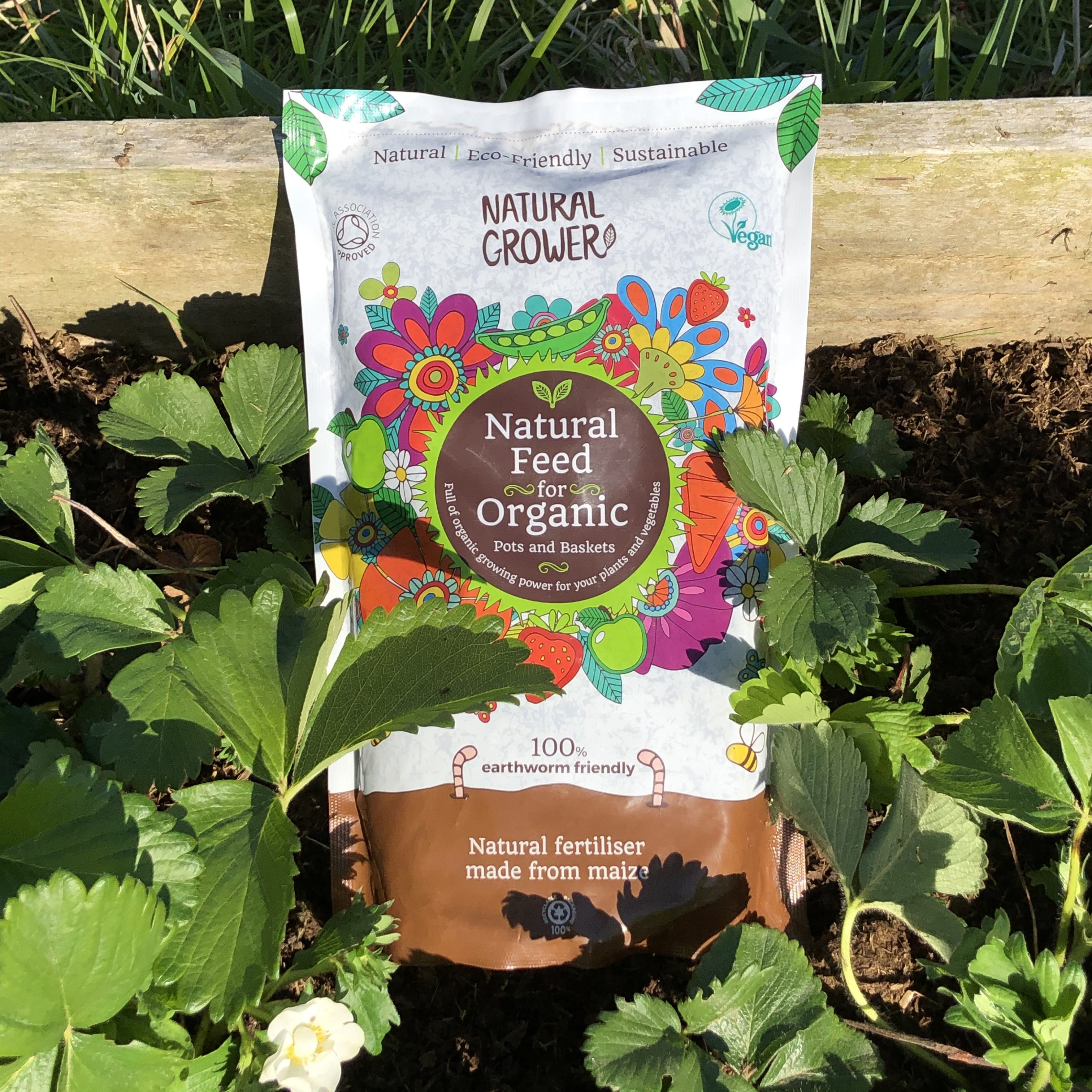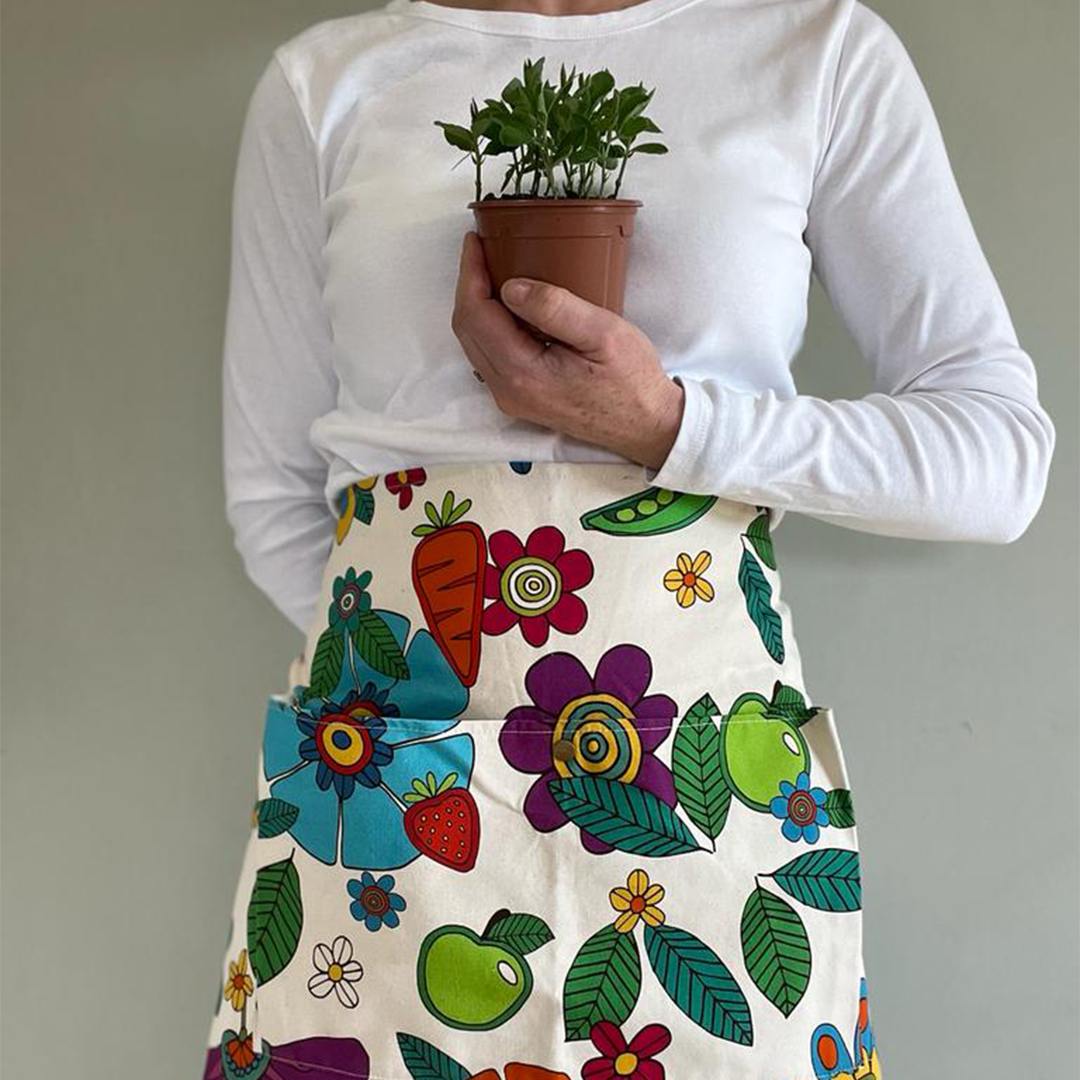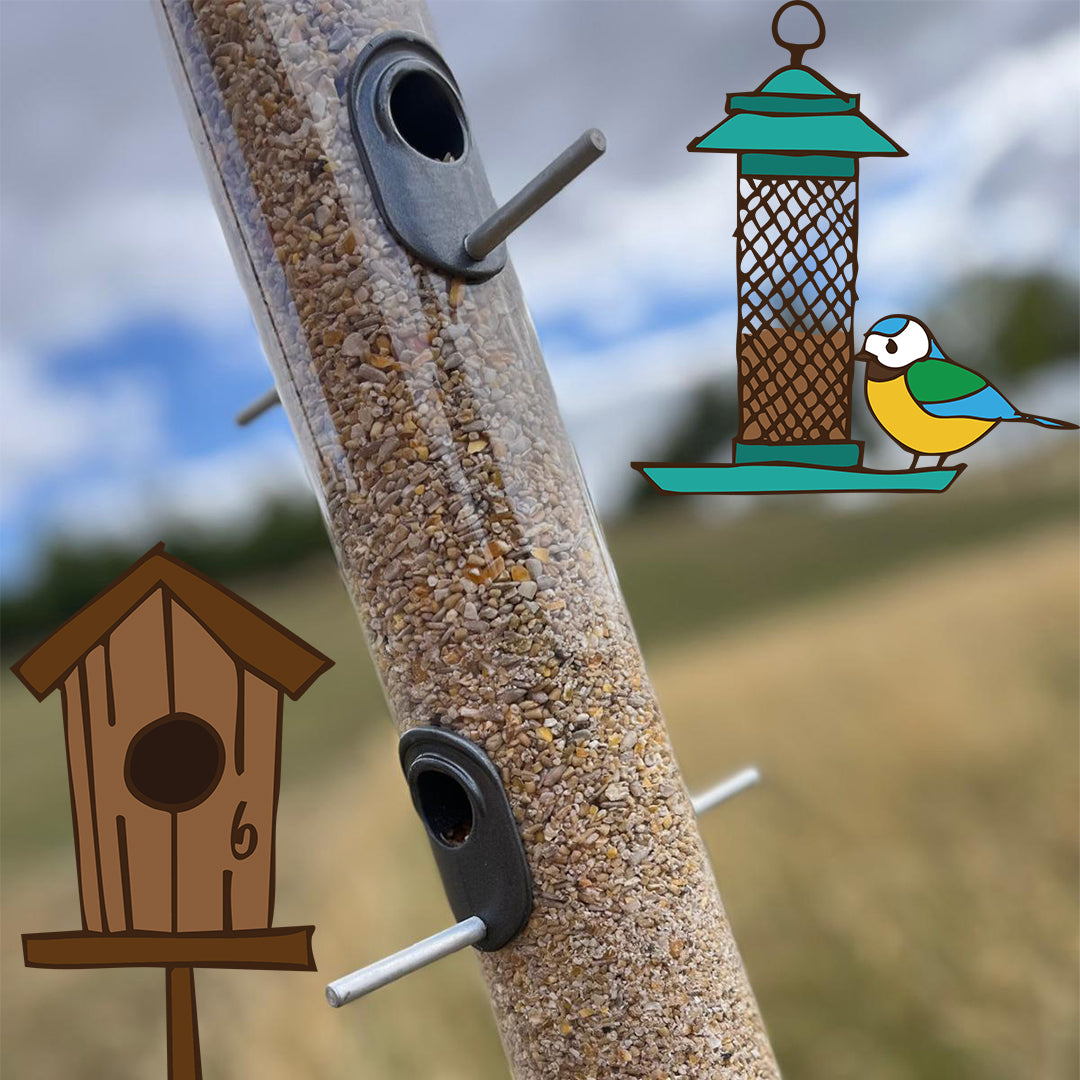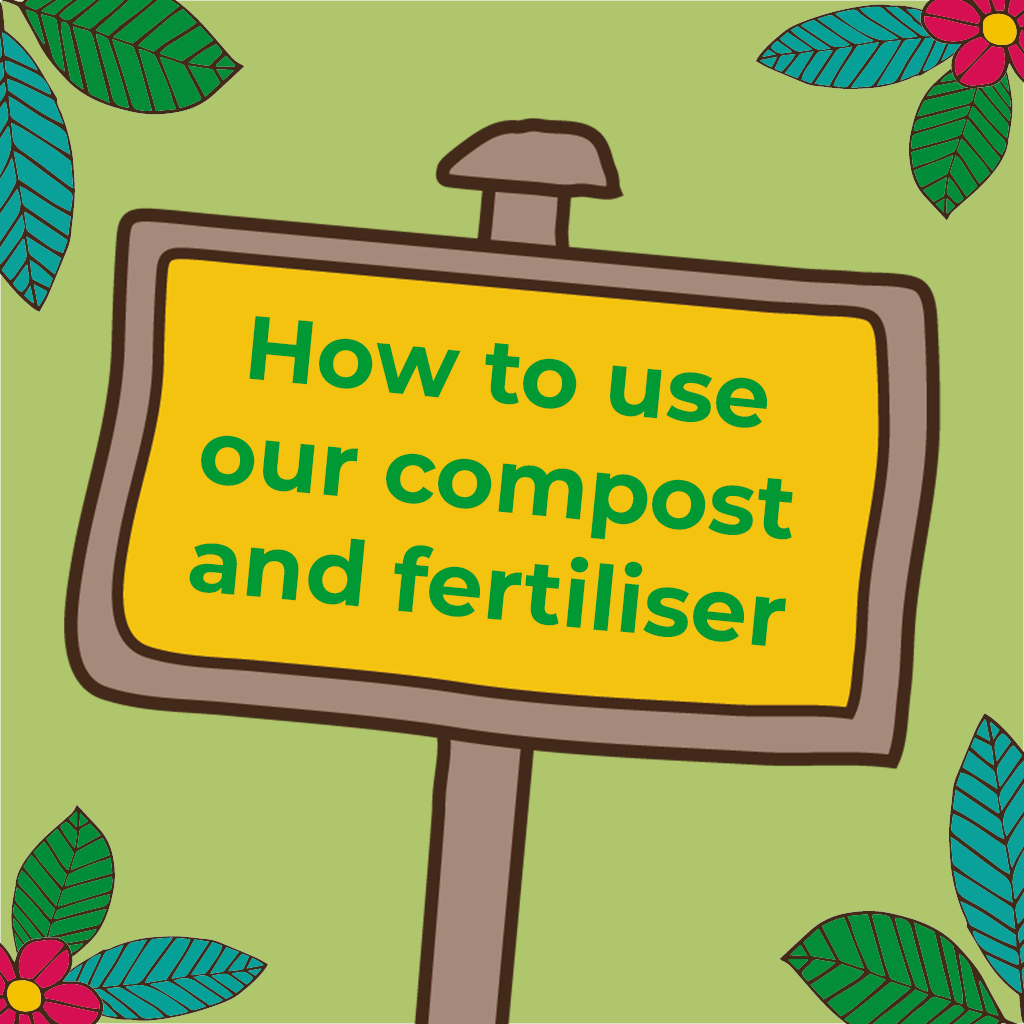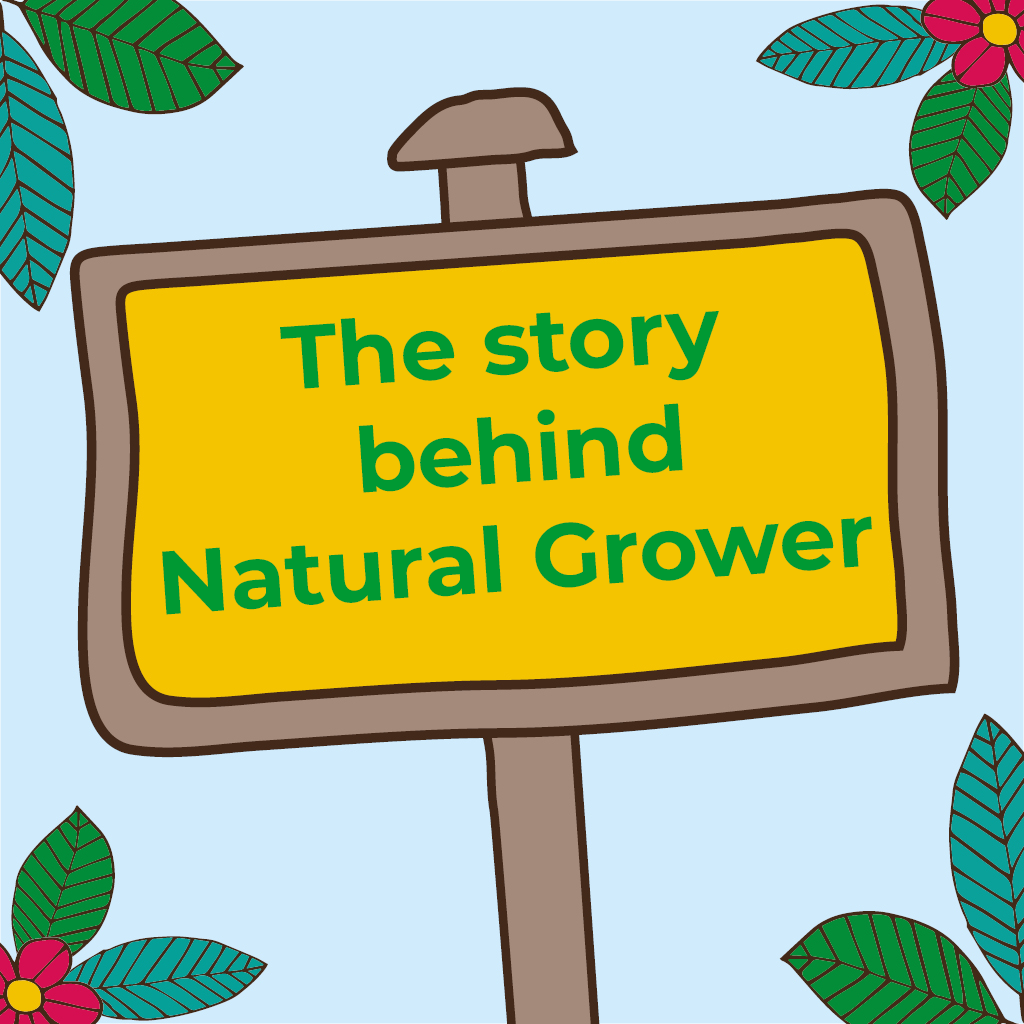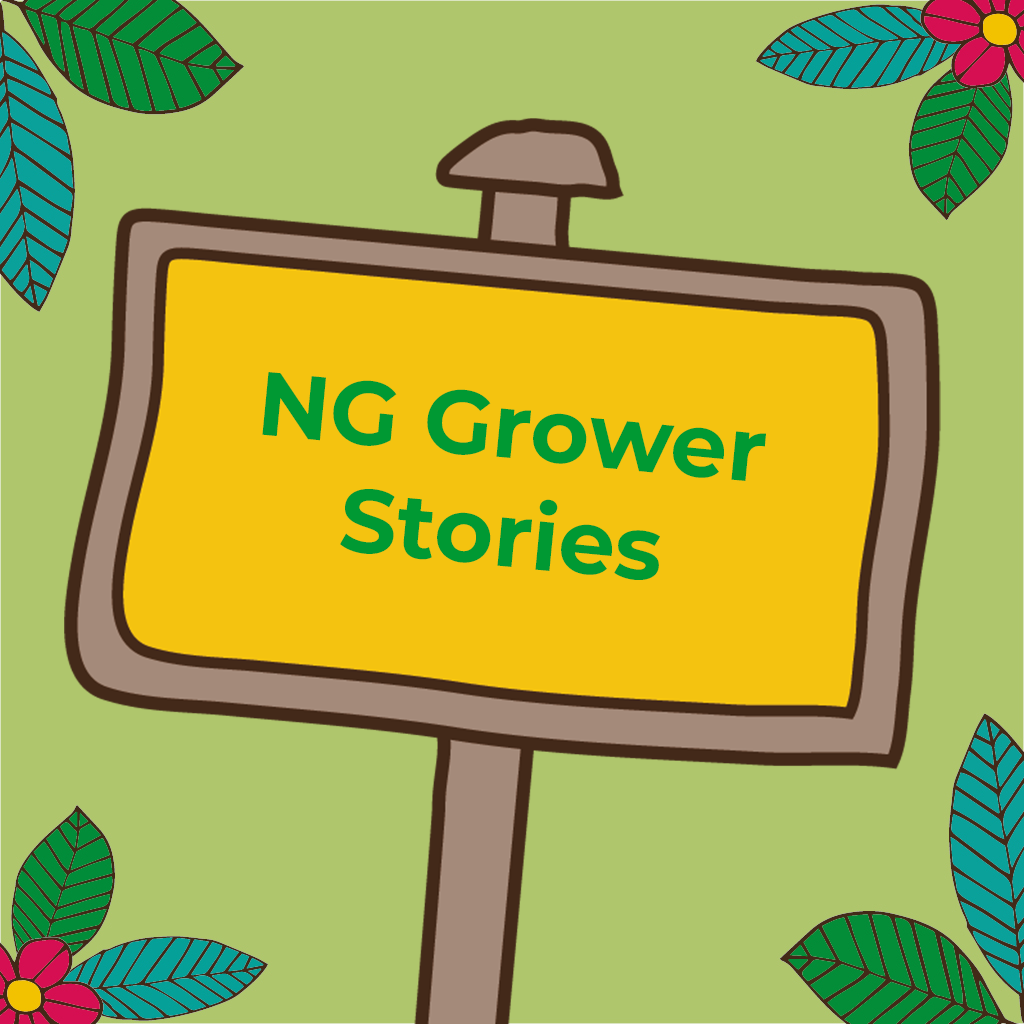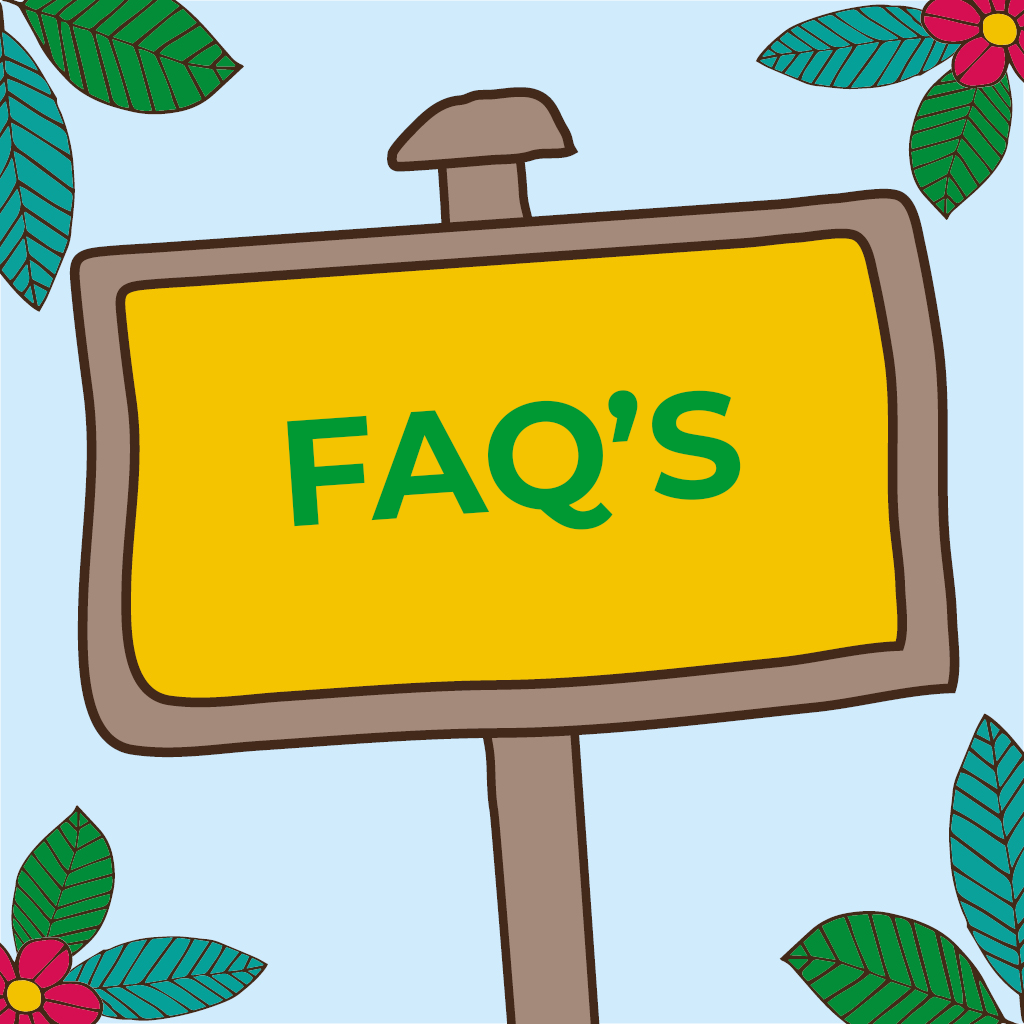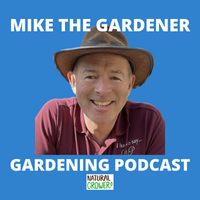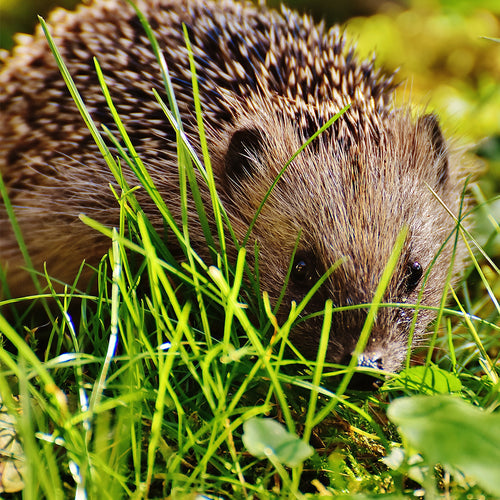
Chemical free tips to rebalance the eco-systems in your garden.
Attract wildlife and watch your garden flourish.
Once you’ve stopped using pesticides in your garden, it’s important to attract wildlife back as they bring in lots of natural predators and help keep pest numbers down.
- Beetles and caterpillars are a favourite food of hedgehogs. You can make your garden more hedgehog-friendly by creating shelter and entry points to attract them.
- Slow worms love to eat slugs, so laying down some corrugated metal sheeting provides a warm refuge for them.
- Ladybirds are aphid predators. Encourage them into your garden by planting nettles.
- Social wasps are of great use around the garden as they feed their grubs almost entirely on caterpillars and other insects. By the end of the summer a nest may have consumed up to 250,000 insects. Solitary wasps also feed their young on flies, aphids and caterpillars.
- Braconid wasps will work tirelessly in the garden for you if you have a few tomato plants. It will parasitize the tomato hornworm by laying its eggs on the insect, providing its young with food. It will also target aphids, beetles and tent caterpillars.
Building homes for wildlife in your garden
There are lots of things you can do to attract wildlife into your garden. One way is to build new homes out of materials you might find in your recycling box.
A pile of logs in a shady corner makes a good home for many of the garden's welcome guests. Frogs, toads, shrews, hedgehogs, ground beetles, centipedes and rove beetles will all use a log pile for a home, and it will also draw in predators such as birds. Position the log pile in an area that is shady for most of the day with cover nearby.
The World Wide Fund for Nature (WWF) has some great step-by-step guides via PDF for building new wildlife homes for the biggest to the smallest of gardens.
For those a bit more adventurous, you could try making a bat box using a handy guide from www.wildlifetrusts.org.
hedgehog, natural predators, plant pests, wildlife
